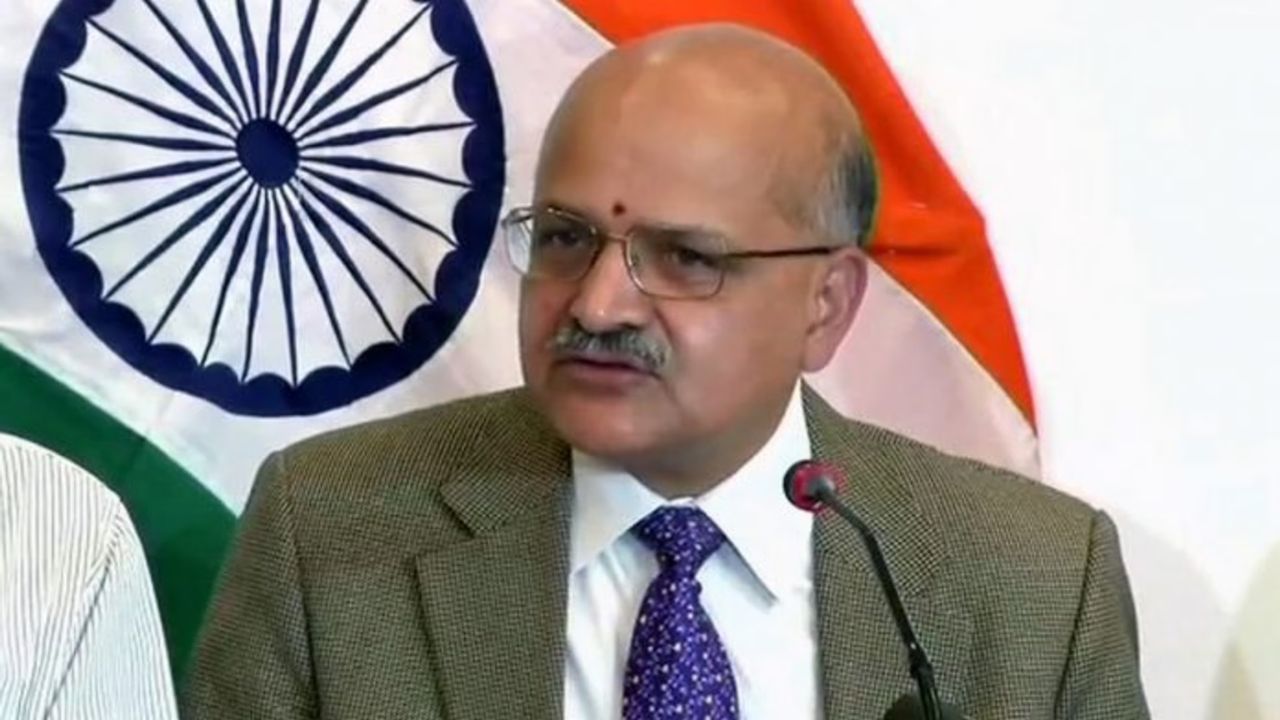 English
English

Niti Aayog CEO BVR Subrahmanyam claimed in a public event that India has now become the fourth largest economy in the world. Read more on Dynamite News

CEO BVR Subramaniam (Image Source-Internet)
New Delhi: Last week, NITI Aayog CEO BVR Subramaniam claimed in a public event that India has now become the fourth largest economy in the world. He said that India's economy has now overtaken Japan, and this figure is based on the data of the International Monetary Fund (IMF). However, two days later, NITI Aayog member Arvind Virmani said in a statement that India will become the fourth largest economy by the end of 2025.
According to the Dynamite News correspondent, these contradictory statements have given rise to a new debate—has India really become the fourth largest economy in the world, or has this claim been made in haste?
IMF's estimate and reality
According to the IMF's World Economic Outlook report, India can become the fourth-largest economy in the world by 2025, overtaking Japan with a GDP of about $4.187 trillion. However, to finalize this figure, GDP data for the entire financial year is required. Therefore, at present it is being considered only an estimate.
Commenting on this, Arvind Virmani said that the annual ranking of any country can be decided only when the data of all the months of the year is out.
Debate on per capita income and inequality
Even though India's total GDP is growing rapidly, India is still far behind the world in terms of per capita income. According to the IMF, India's per capita GDP in 2025 is estimated to be around $2,991, while Japan's per capita income can reach $33,806.
The debate on this inequality has also intensified on social media. A user wrote, "If the top 10% of rich people are removed, then India's real per capita income remains only around $1,265, while the per capita income of the bottom 50% is only $449."
Deepening economic inequality
Economist Prof. Arun Kumar says that the growing economic inequality in India is worrying. “The country's average income hides the earnings of the rich. This is why average indices like GDP do not show the real picture of economic inequality,” he said. According to him, celebrating GDP alone without understanding per capita income and the gap between the rich and the poor is an incomplete analysis.
Premature claims
There is also a discussion about this statement of Niti Aayog that the government wants to highlight India's economic strength from the point of view of the upcoming Lok Sabha elections and international image building. Also, after the recent tension with Pakistan and then the sudden ceasefire, such claims can also be a political strategy to create confidence in the public.
No related posts found.